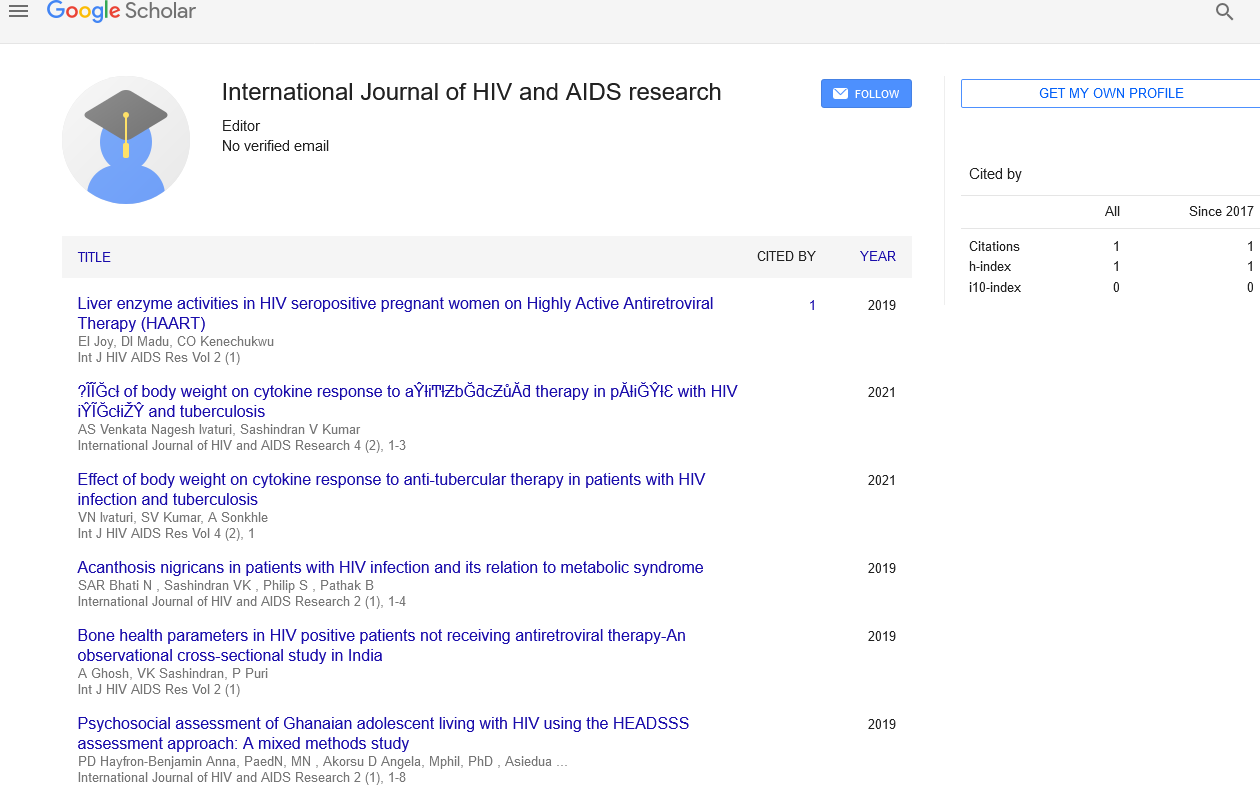Significance of food quality on human health
2 University Politehnica Timisoara, 2 P-ta Victoriei, Timisoara 300006, Romania, Email: s_adinaelena@yahoo.com
3 Victor Babes University of Medicine and Pharmacy, 2 P-ta Eftimie Murgu, 300041 Timisoara, Romania, Email: s_adinaelena@yahoo.com
Received: 03-Mar-2018 Accepted Date: Mar 14, 2018; Published: 21-Mar-2018
Citation: Segneanu A, Grozescu I, Cepan C, et al. Significance of food quality on human health. Appl Food Sci J. 2018;2(2):17.
This open-access article is distributed under the terms of the Creative Commons Attribution Non-Commercial License (CC BY-NC) (http://creativecommons.org/licenses/by-nc/4.0/), which permits reuse, distribution and reproduction of the article, provided that the original work is properly cited and the reuse is restricted to noncommercial purposes. For commercial reuse, contact reprints@pulsus.com
Now-a-days, a perfectly balanced diet is rather a myth. The climate change have affected the soil productivity and thus limiting wide world food supply. Food insecurity and poverty represent other key factors in many areas of the world where obesity represent a direct consequence of malnutrition [1]. There is a direct dependence between the incomes of the population and the dietary pattern. Thus the quality food drops dramatically among the low-income population [2].
These adverse effects can be substantially reduced by varied and balanced diet but even so it difficult to obtain an adequate nutritional density.
Science has demonstrated that is necessary to fill human needs minerals and vitamins from dietary supplements. So that, in last year’s the consumption of food supplements had a sharp increase. Practically, a large percent of adults from developed countries use different dietary supplements (vitamins, minerals, amino acids, botanicals, etc.). However, recent studies had shown that complex food supplements can promote health and can be useful in the prevention of a number of disorders such as: infections, osteoporosis, cardiovascular disease, brain disorders etc. [3,4]. Many recently studies demonstrate that food supplements obtained through chemical synthesis have not the same beneficial effect as similar natural products [3,4].
On the other hand, should be taken into account the obesity healthcare, which is expected to be on a rising trend globally.
Therefore, a healthy nutrition is reflected in a sustainable development of society [1]. At this moment, nutrition is a major priority worldwide, taking into account the disastrous health effects of low-quality diets [2].
Consequently, should be adopted compressive strategies to improve the food quality standard and thus enhance the food environment.
There must be a perfect balance between high quality nutrition and a healthy environment.
At this moment, there is a current international trend focused on organic natural food which should be encouraged because this could be a viable solution to increase the human health. Another distinct advantage consist the re-evaluation of intensive farming practices with beneficial effect on environmental.
It has been shown that the expansion and implementation of short chain food supply have a direct, positive effect on food quality, environmental protection and development of local economies [5,6].
In this way, the consumer has direct access to fresh, quality food. It also can access to information about the food origin and processing methods directly from the local manufacturer. Another advantage of this concept is to promote the traditional food and even the culinary tourism [5,6].
Moreover, the improvement of food quality has been materialized in particular by increase the quantity of fresh, organic products to the detriment of high-processed food and implicitly less additives (artificial food coloring, sweeteners, preservatives, etc), Most of the food additives used are considerate as potentially hazardous substances to health. In this regard, we can mention some of the best known examples:
➢ Nitrates, nitrate used for preserving meat and meat products [7-10];
➢ Artificial colorings: tartrazine [7];
➢ Sweeteners: Acesulfame K, aspartame, saccharine [7-10],
➢ Synthetic antioxidants: butylated hydroxyanisole (BHA) and butylated hydroxytoluene (BHT) for: fats, oils, shortening, potato flakes, breakfast cereals, beverages, etc. 7-10.
➢ Propyl gallate is an antioxidant, preservative for: milk powder, nut spreads, nut butter, processed potato products, snacks, processed potato products, sauces, seasonings, condiments, pre-cooked cereals, etc. [7-10]
➢ Potassium bromate is a flour treating agent [7-10];
➢ Benzoic acid a wide used food preservative [7-10];
➢ Monosodium glutamate is flavor enhancer [7-10];
➢ Sulfites (preservative for cut and dried fruit and vegetables, wine) [7-10];
➢ Parabens (antimicrobial preservative for confectionary, beer, beverages, gelatin, jellies, olives, pickles, salad dressings, bakery products, etc.) [7-10].
Expanding the concepts of local economy and short-chain food supply aims also to change the unhealthy eating behavior. And most probably will influence the development of innovating food processing technologies to ensure not only healthy and safer foods but especially to improve food quality and self-life. It also means the content of hazardous additives food will be minimizing to the exclusion.
REFERENCES
- http://www.ifpri.org/publication/global-nutrition-report-2015
- https://glopan.org/sites/default/files/FoodEnvironmentsBrief.pdf
- https://www.crnusa.org/sites/default/files/pdfs-benefits/CRN-BenefitsofNutritionalSupplements-2012.pdf
- Lustyan J. The Nutritional Supplement Guide, Ed. Life Extension Foundation Buyers Club, Inc. 2010.
- https://www.ers.usda.gov/webdocs/publications/46393/7054_err97_1_.pdf?v=42265
- http://www.foodlinkscommunity.net/fileadmin/documents_organicresearch/foodlinks/CoPs/evidence-document-sfsc-cop.pdf
- Brown AC. Understanding food: Principles and preparation. Cengage learning. USA. 2008.
- Russell J, Nicholas J, Gould GW. Food preservatives 2nd edn. Kluwer Academic/Plenum Publishers. New York, USA. 2003
- EFSA ANS Panel (EFSA panel on food additives and nutrient sources added to food). Scientific opinion on the re-evaluation of propyl gallate (E-310) as a food additive. EFSA Journal. 2014;12:3642-6
- Rahman SM. Handbook of food preservation (2nd edn). Taylor & Francis Group. LLC, USA. 2007.





